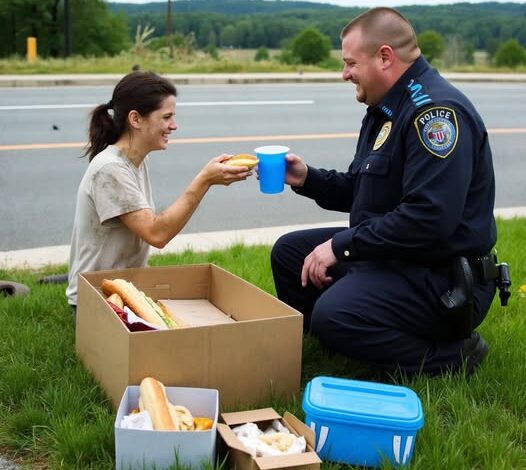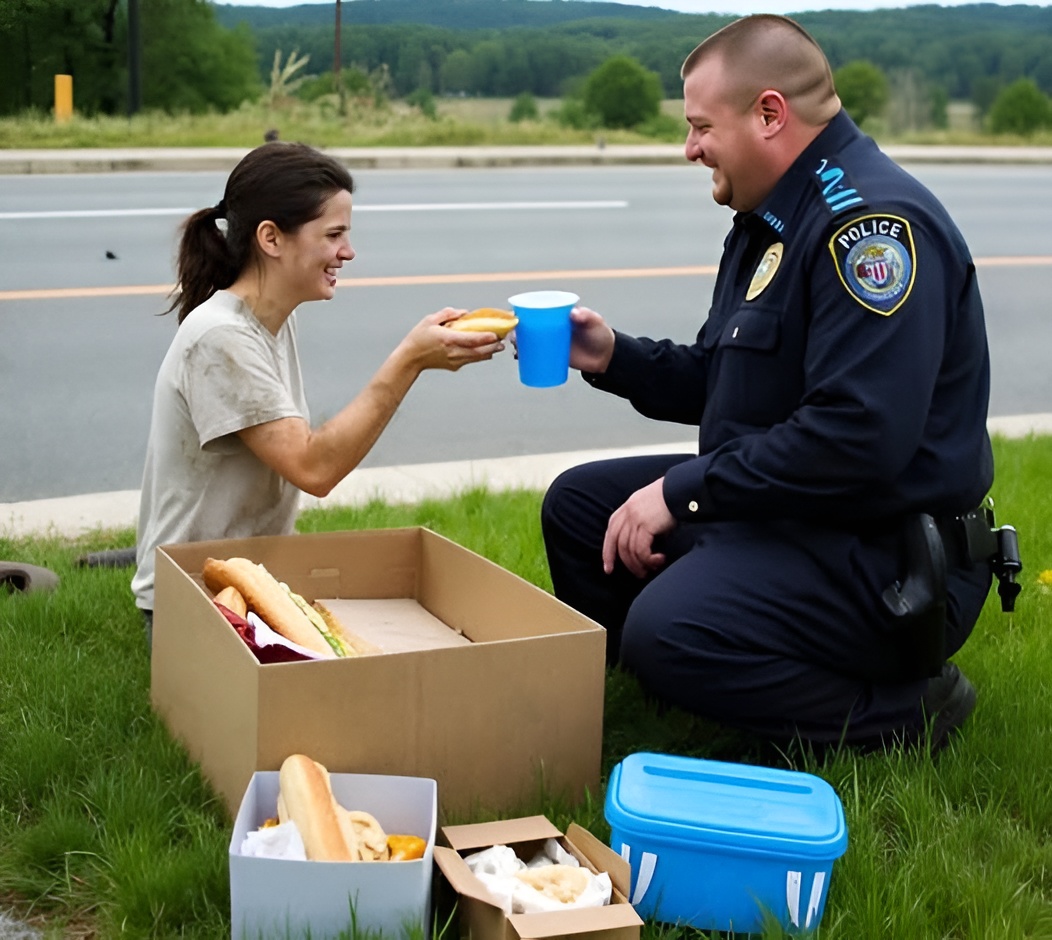
Teresa always said the family farm was a place where time held its breath. The old white porch creaked with every breeze, the fields stretched golden in the summer light, and evenings carried the scent of hay and woodsmoke. It was not an easy life—there was sweat, cracked hands, and endless work—but it was theirs. Her husband Samuel had inherited the land from his father, and together they poured their lives into raising crops and raising two children. For years, their days moved in steady rhythm, and Teresa thought that rhythm would never break. But then came the snakes.
The farm always had its share of creatures. Crickets drummed the nights, owls cut across the horizon, and fireflies lit up the yard like little lanterns. It was noisy, alive, and familiar. Then, without warning, the music of the land went silent. The stillness itself felt wrong, heavy, almost watching her. And in that silence came a sound she would never forget: the harsh rattle of something deadly.
It was late June. Teresa had gone out to the shed to grab a basket when her steps faltered. The air hung unnaturally still. Then she heard it: rattle-rattle-rattle. She froze, heart hammering. When she lowered her gaze, she saw it coiled under the wooden steps, scales glistening bronze, tongue flicking in and out. A rattlesnake, poised and waiting. Her knees nearly gave way as she stumbled back toward the house. By the time she slammed the door shut, her lungs were burning.
“Samuel!” she cried out. “There’s a rattler by the shed!”
Her husband grabbed a flashlight and a shovel, muttering, “Probably just one. Nothing unusual.” But when the beam swept across the ground, his words died in his throat. Not one, but three snakes were coiled in the shadows. He managed to kill one and drive off the others, but Teresa didn’t sleep that night. Every sound of the old floorboards made her flinch, every creak felt like a warning.
She tried to convince herself it was a one-time encounter. But a week later, while hanging laundry, she saw another thick body slide through the grass. It moved with unsettling grace, vanishing into the brush before Samuel could catch it. That evening, two more appeared near the barn. The next morning, another by the water trough. By the end of the week, they had counted ten rattlesnakes. Ten.
The fear seeped into everything. Their children noticed. Eight-year-old Daniel wanted to run barefoot in the grass but was told no. Little Lily clutched her stuffed rabbit at night and whispered, “Will the snakes come inside?” Teresa reassured them, but her own chest tightened each time she swept the floors or checked the corners of the rooms. She imagined snakes lurking under beds, behind curtains, even in the pantry.
Samuel tried to be steady. He set traps, kept the shovel by the door, and called the county office. The advice he got was dismissive: “They’ll move on when the heat changes.” But the snakes didn’t move on. They multiplied. And the pressure cracked his patience.
“Stop panicking the kids,” he snapped one night when Teresa double-checked the door seals.
“I’m not panicking them, I’m protecting them,” she shot back. “Ten snakes, Samuel. Ten! That’s not normal.”
“Do you think I don’t know that?!” he barked, slamming his fist on the table. The children jumped. The silence that followed was heavier than the rattles themselves. That night, Teresa lay awake and cried quietly. She wasn’t just afraid of the snakes anymore. She was afraid of what the fear was doing to her family.
The breaking point came on a blistering afternoon in July. Teresa stepped onto the porch, and there it was: the largest rattlesnake she had ever seen, sprawled across the steps like it owned them. Its body was thick as her wrist, its eyes unblinking. It didn’t rattle. It didn’t move. It simply watched her. Then, from the railing, she caught the slither of another. Her legs buckled as she stumbled back inside, slamming the door with such force the windows rattled. She collapsed against the wall, chest heaving. This wasn’t a handful of snakes. This was an infestation.
By nightfall, Samuel had set out with lanterns and traps, his jaw tight and grim. Teresa gathered the children close, the sound of phantom rattles echoing in her ears. The farm that had once been their sanctuary now felt hostile, like the very earth had turned against them. She knew then this was not ending anytime soon. It was only the beginning.
As summer dragged on, the snakes became a symbol of more than danger. They were the cracks in her marriage, the silence that replaced laughter at the dinner table, the way Samuel came home later and later, boots caked with dust that wasn’t from their fields. When Heather, a young woman claiming to be a distant relative of a neighbor, arrived needing a place to stay, Teresa’s unease deepened. Heather moved through the farmhouse as though she belonged there—folding laundry that wasn’t hers, sitting too close to Samuel, laughing too easily at his jokes.
Teresa saw what was happening, though Samuel refused to admit it. Their marriage had already weakened under the weight of fear, and now Heather’s presence threatened to break it completely. Teresa realized she was facing two invasions: the rattlesnakes outside and the quiet dismantling of her home from within.
One night, when she found Heather’s hand resting on Samuel’s chest in the kitchen light, she didn’t scream. She didn’t cry. She stood tall in the doorway and said, voice calm and cold, “This house belongs to me. And tomorrow, everything changes.”
The storm had arrived, and Teresa knew she was no longer just fighting snakes. She was fighting for her home, her children, and herself.
